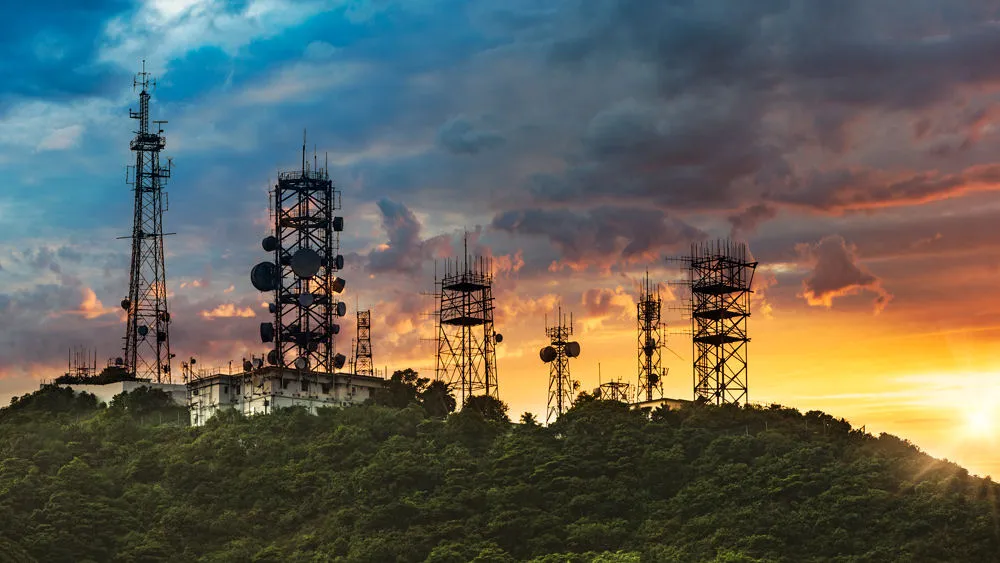Nigeria’s telecom network is on the brink of a massive shutdown as a fierce diesel supply dispute between telecom tower giant IHS Towers and the Natural Oil and Gas Suppliers Association of Nigeria (NOGASA) threatens to cripple communication services for millions of citizens.
The crisis, which has escalated into a national emergency, began after IHS accused two NOGASA member companies of misappropriating diesel stock meant for powering telecom base stations. IHS demanded a thorough investigation into the alleged diversion.
In a fiery rebuttal, NOGASA fired back, accusing IHS of breaching contracts, failing to pay for verified diesel supplies, and shifting blame instead of settling its debts.
The fallout has been swift and severe. According to the Association of Licensed Telecom Operators of Nigeria (ALTON), representing MTN, Airtel, Globacom, and 9Mobile, over 16,000 base stations in Lagos, Kaduna, and Delta States could soon go dark. The shutdown, they warn, would hit not just phone and internet services, but also banking transactions, hospital communications, emergency response systems, and education platforms.
“This is nothing short of sabotage and a direct threat to national security,” ALTON Chairman Engr. Gbenga Adebayo declared. “We call on all parties to resolve this matter through dialogue, not brute force, and to immediately restore diesel access to telecom facilities.”
Read also:
- NOGASA, IPMAN kick over Dangote’s plan to sell fuel directly to end users
- Senate passes Bill for Federal Oil and Gas Hospital in Delta State, sponsored by Senator Joel-Onowakpo
- Senator Joel-Onowakpo’s Bill to establish Federal Oil and Gas Hospital, Benikrukru passes second reading
But NUPENG, the petroleum workers’ union, rejected the sabotage claims, accusing ALTON of blackmail. NUPENG President, Prince Williams Akporeha, said: “We are not involved in the matter between IHS and NOGASA. We only told our members to steer clear until the dispute is resolved, for safety reasons.”
NOGASA remained defiant, with its Secretary General, Tunde David, stating: “We cannot supply diesel until all outstanding debts are cleared. Agreements are binding, and contracts must be respected for sustainability.”
Meanwhile, the Nigerian Communications Commission (NCC) has raised fresh alarm over the fragility of the nation’s telecom backbone, revealing that Nigeria now suffers an average of 1,100 fibre optic cuts weekly, along with 545 site access denials and nearly 100 theft incidents.
The National Association of Telecom Subscribers (NATCOMS) has called on the Minister of Communications and Digital Economy, Dr. Bosun Tijani, to escalate the crisis to President Bola Tinubu for urgent intervention, warning that the country could plunge into “telecommunications darkness” if the diesel blockade persists.
As tensions boil over, If a resolution is not reached soon, Nigeria could face one of the most disruptive telecom shutdowns in its history, affecting everything from business transactions to emergency response, and leaving millions cut off from the digital world.






